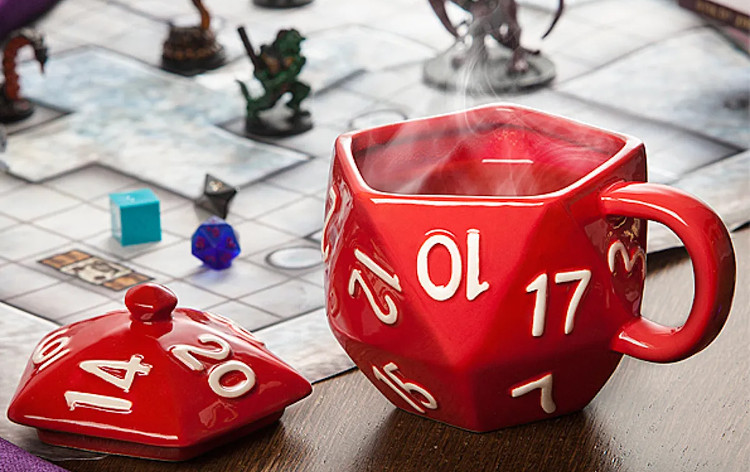When I first started writing this blog many, many moons ago, I touched upon the topic of the use of GM privilege to “cheat” in such a way that improves the experience at the table. I recognize that the idea that a GM is above the rules of his own game is just an opinion. And the permissibility of a cheaty GM is somewhat hotly debated in some circles. I contend that if GM’s weren’t meant to cheat occasionally, why does the GM screen exist? If everything a GM did was subject to complete transparency, why then do we block our players’ view with a gaming accessory?
You can find that article here. In it, I go into some experiences from my past games along with some examples of why being a nefarious and cheaty GM can actually help the development of your game. I wanted to expand a bit more on one specific method for nudging along your narrative. That method being fudging dice.
Most RPGs, for better or worse, rely on weighted random number generation to determine outcomes. And sometimes, that means that stupid stuff can happen.
Specifically, I wanted to touch upon some of the factors that might influence your decision as a GM to fudge a die roll.
- Does a character need a win?
- Has it been a while since a character accomplished something they’re supposed to be good at? When was the last time the trap-finding rogue successfully disarmed a trap? The last time the wizard knew the thing he was supposed to know? The fighter spectacularly took down an enemy? If it’s been a while since the PCs felt heroic and the dice continue to punish them, maybe it’s time to give them a hand.
- Does a player need a win?
- Some days RPGs are for storytelling, some days they’re about escapism. Does a player need an escape today? Would it help them out to feel particularly heroic?
- Does a villain need a win?
- Some encounters have more weight than others. If you’ve been building up to this encounter for weeks and you can’t seem to roll above a 5, everyone will feel better about taking this villain seriously if they’re a credible threat. Yes. PCs love a good villain to hate.
- Is this a bad time in the story to kill a character?
- Character deaths carry the most weight in the first and final acts of a story. But even then only when it’s meaningful. Tragic victim? Heroic martyr? Random character deaths can feel empty, hollow, and meaningless.
- Is this a bad time in the session to kill a character?
- Dying an hour into a scheduled four hour session means a player has just enough time to feel like they wasted an evening and not enough time to make a new character and introduce it into the session.
- To make the math easy
- Is it just easier to say the monster hits than to slow the game down to see if they have a +3 attack bonus or just a +2? If the party wizard casts his amazing save-or-suck spell do you really need to look up whether the generic goons have a +3 Will save or only a +2?
There are lots of reasons a GM can fudge numbers. But the important thing is to remember to always use your power for good and always in the players’ best interest. Tell your story, empower your players, forge that narrative. And don’t sweat the small dice along the way.
How often do you fudge dice rolls? Is there ever a situation were you’d never fudge? Let us know in the comments section below!





